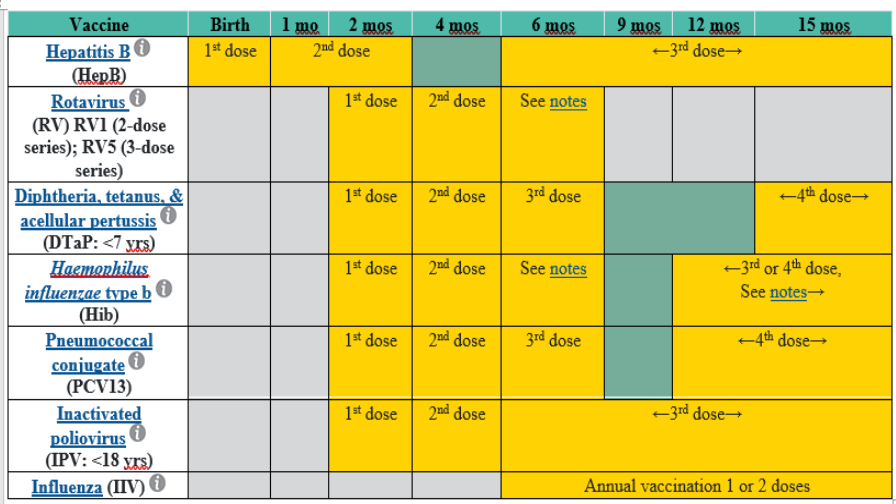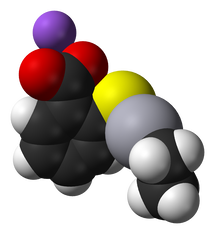
For many patients who are newcomers to the field of homeopathy, the unfortunate reality of the modern medical system is that they have likely only heard of alternative medical practices in dismissive terms. The science-based practice of homeopathy is often derided in medical industry circles as “pseudo-science,” “quackery,” or some other label intended to marginalize practitioners and steer potential patients towards conventional medicine instead.

Consider this article penned several years ago by Dr. Edzard Ernst that specifically targets homeopathic practitioner Ms. Frolov and her small practice that serves Southern California.
Dr. Ernst makes dubious claims throughout his piece – for example, conflating reasonable concerns raised by scientists and medical professionals across various disciplines over the provable risks and negative health effects of vaccines with what he calls “never-ending propaganda against… immunization.”
In the headline and throughout the article, Dr. Ernst heavily implies not only that the homeopathic stance on vaccinations is wrong but that opposition to vaccinations is actually criminal.
Consider for a moment the ultimate absurdity of criminalizing medical inquiry in the mold that Dr. Ernst seems to encourage. When an enterprising doctor in the middle ages might have challenged the erroneous belief that trepanation (drilling holes through the skull) could cure disease, should he have been criminalized? Should a doctor in the 1930s who split with the medical orthodoxy of her day that falsely classified cigarette smoking as “healthy” have been censured for questioning dogma?
The essential point is that medical history is full of false consensuses among the establishment that have been proven over time to be ill-founded—including, potentially, the professed safety of vaccines.
So, when someone like Dr. Ernst “debunks” the entire practice of homeopathy writ large, he is engaging in the basest of fact-free generalizations. Furthermore, as is often the case with vaccine proponents, he offers no science-based refutation of Ms. Frolov’s accurate criticisms of vaccines – the reader is simply expected to take the laudations of vaccines at face value as unalterable facts of the universe. Such assumptions built into arguments highlight the arrogance of some in the medical establishment and their knee-jerk dismissal of viewpoints that they do not share.

In light of such calls to shut down debate over such an important issue, it’s worth pointing out that the science-based objections raised by real medical experts to heavy-handed American vaccine protocols are not “propaganda,” as Dr. Ernst states. However, the endless campaign against alternative medicine waged by some members of the medical establishment better qualifies as propaganda.
In his piece, Dr. Ernst goes on to cite accurate criticisms made by Ms. Frolov of vaccine protocols in the U.S. as supposed evidence of some nefarious homeopathic plot to undermine our healthcare system, such when she writes that “immunization… can cause some very serious side effects including permanent brain damage [and] epilepsy… With so many vaccinations being required, doctors often have to administer several shots at a time, which can often result in a disaster.”
Where is the controversy in this accurate analysis by Ms. Frolov of the risks of vaccination, especially for young children with developing immune systems who are subjected to a whole battery of shots administered in rapid succession during the first 15 months of life? What does the science say?
When an empowered patient takes the time to peruse the medical literature on vaccinations that is widely available on the web, he or she will discover that Ms. Frolov’s criticisms are valid.
Let’s take a look at the vaccine schedule for babies in America.

This chart outlining the vaccine schedule for the first 15 months of a baby’s life is directly sourced from the CDC. It serves as the official vaccination guide for parents. As you can see, the CDC recommends in excess of 20 shots for babies, just within the 15-month time frame offered here.
Most vaccines, including those highlighted above for babies, contain mercury in the form of thimerosal. The dangers of mercury to biological life have been well-documented for years. Heavy metal contamination is a serious health concern that threatens the health of various organs including the heart and brain. Exposure to mercury carries long-term health impacts. We are rightly concerned about how much tuna we consume because it often contains trace amounts of mercury and other heavy metals, so why should we abandon caution when it comes to vaccines?

Vaccines do, in fact, trigger seizures in many young patients. There is legitimate room to argue about whether seizures in vaccinated children are caused by the vaccinations themselves or whether the vaccination serves as a triggering event for an underlying genetic condition, but the concrete reality that vaccines can trigger seizures in children is undisputed.
Vaccine developers and proponents themselves cite the need for further genotyping research to refine vaccination practices and to screen individual patients for any likely adverse reactions.
In the final analysis, what do we do with the scientific evidence regarding the risks of vaccination? In a sane world, we would take the opportunity to open up a dialogue between patients, doctors, researchers, vaccine developers, and the public health sector.
Instead, the powers that be shut down debate, demonize parents and others who raise legitimate concerns over-vaccination schedules and safety, and institutionalize mandatory vaccinations that, on their face, violate Americans’ constitutionally guaranteed right to control their healthcare decisions.
The “freedom of choice” argument among the vaccine-skeptic community is often derided by pro-vaccine actors, but what is the implication? Is it the position of Dr. Ernst and his like-minded colleagues that we should not have personal discretion over one of the most intimate and consequential healthcare decisions that we make throughout our lives – i.e., vaccinations?
If vaccines are safe for everyone regardless of risk factors, then why is convincing the public at large of their merits so difficult? Aside from the moral concerns over mandated vaccinations, what would a world of forced vaccinations look like in practice?
When critics of natural healthcare point to its supposed inefficacy, the first question that an onlooker with a healthy skepticism might ask is: what vested interests might be influencing this analysis? For a shrewd investigator, the results in the vaccination debate are telling.
In 2020, vaccines alone will generate $59 billion in profits for pharmaceutical giants. With so much money at stake, understanding what motivates the marginalization of anti-vaccination voices in the media becomes easier. For many, discarding science-based objections is a cost of doing business.
As we move forward, our priorities as an open, healthy society should be to facilitate the free flow of information and to advance a broader discussion of research findings related to vaccines and all other healthcare issues of note.
In short, the position of the natural healthcare community is that transparency surrounding vaccinations and other issues invariably exposes truth to the light of day. Rather than relying on baseless libel and authoritarian shutdown of debate that we, unfortunately, see too often from the medical establishment, let us promote scientific inquiry to arrive at the truth regarding vaccines that we all benefit from.